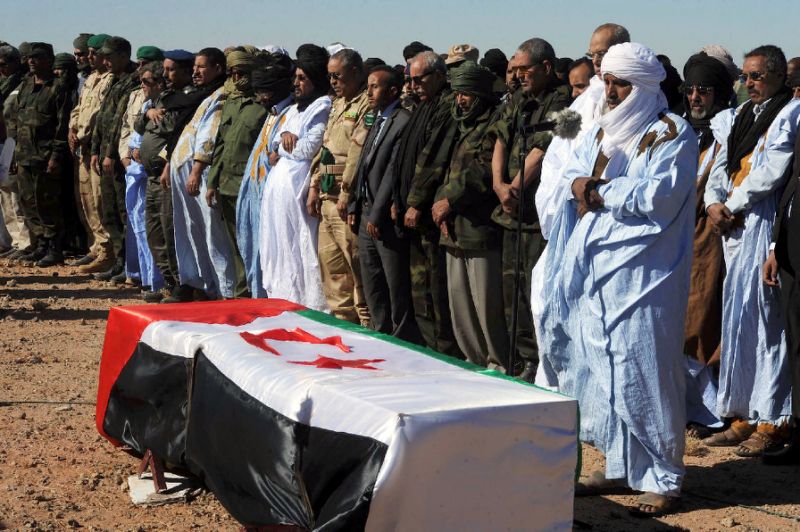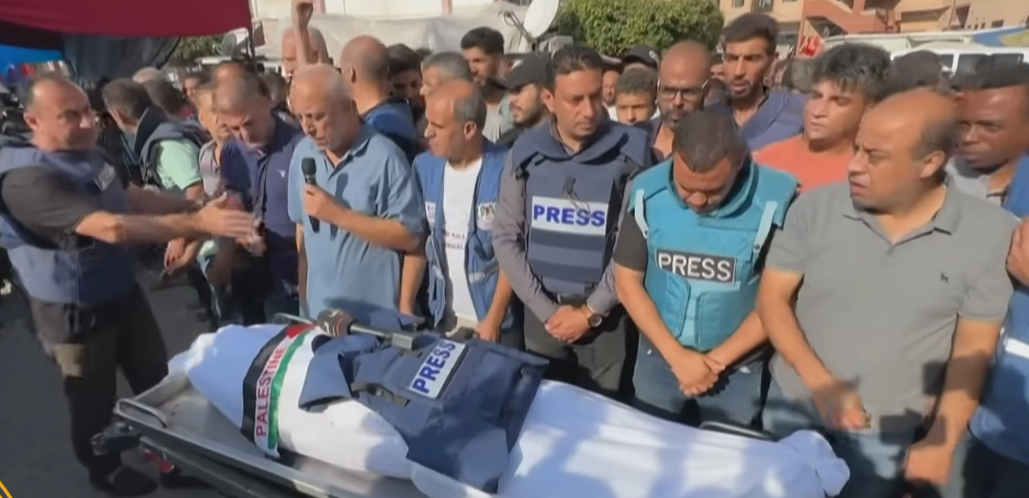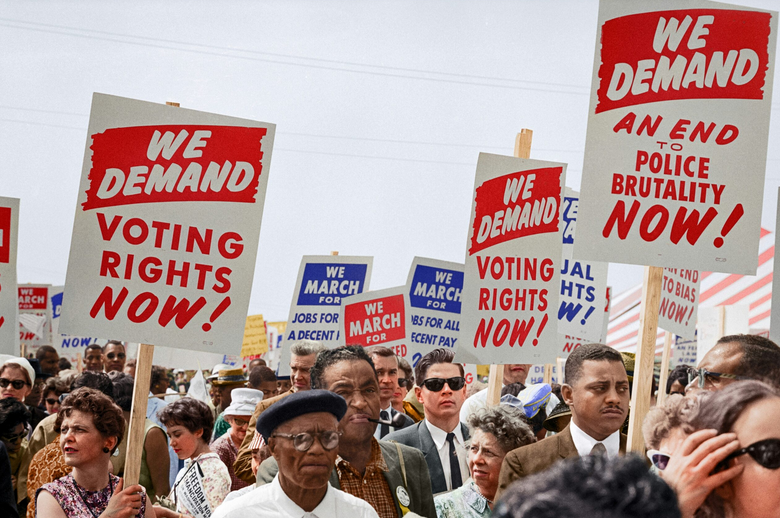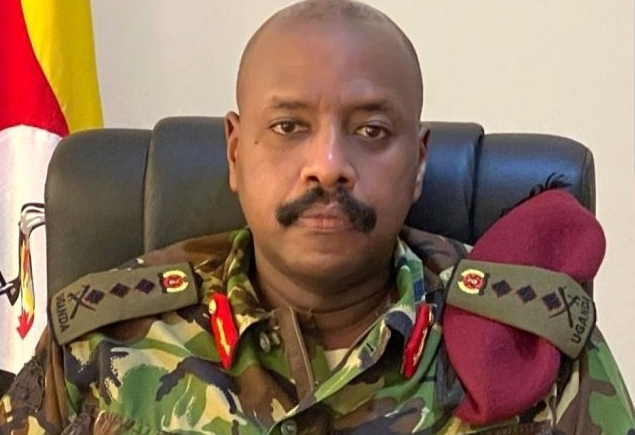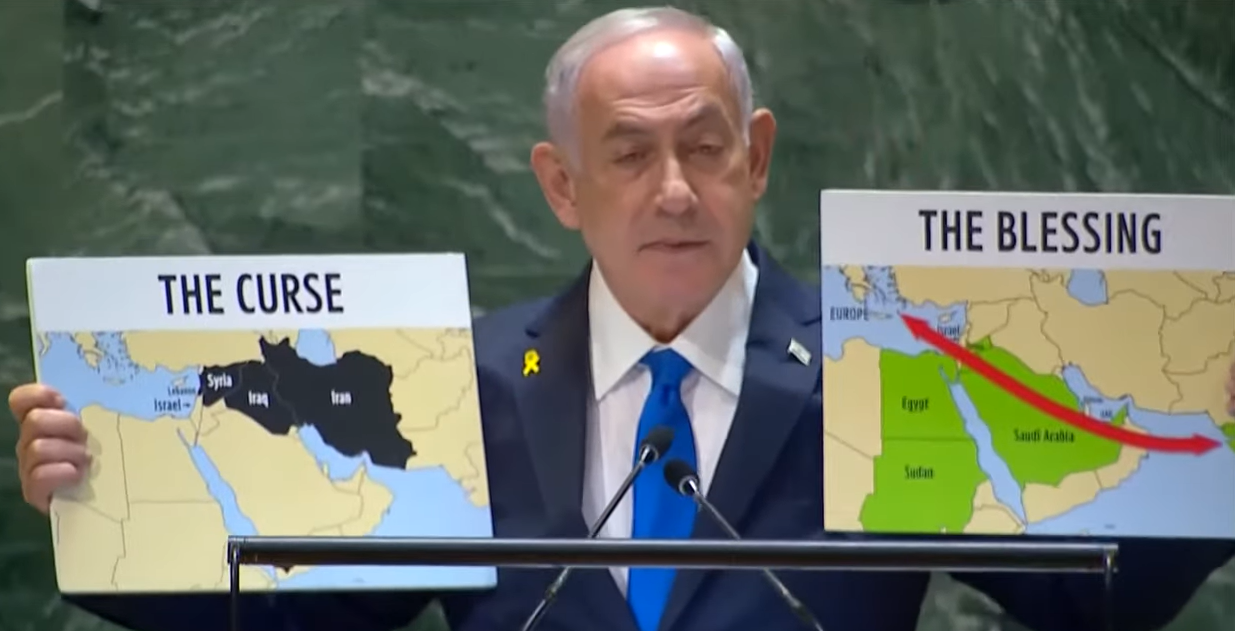As the world mourns Muhammad Ali, it neglects to mourn the passing of Mohamed Abdelaziz, the co-founder of the Polisario Front and the former president of the Sahrawi Arab Democratic Republic (SADR). Prior to the passing of Muhammad Ali from respiratory problems and septic shock on June 6, 2016, Mohamed Abdelaziz unexpectedly passed away on May 31, 2016 from lung cancer, while he was in a coma for five days during his stay in the United States.
Mohamed Abdelaziz was born on August 17, 1947 and from 1976 until his passing at the age of 68, he served as the second President of SADR, which is the governing body of the Sahrawi people in Western Sahara and their refugee camps which are located in Tindouf, Algeria.
In 1973, Abdelaziz co-founded the Polisario Front with El-Ouali Mustapha Sayed. Sayed became the first president of SADR and the second Secretary General of the Polisario Front. The Polisario Front is a socialist political party and nationalistic revolutionary movement in Western Sahara with the aim of making Western Sahara a sovereign decolonial nation.
After the Berlin Conference in 1884, Spain gained colonial possession of Western Sahara. Prior to the colonization of Western Sahara by Spain, the ports of Western Sahara were extremely profitable given the fact that the ports were used as a major hub for the slave trade, while its coast was used for fishing which ultimately became a major global commercial activity for Spain.
By 1973, the Polisario Front under the leadership of Sayed and Abdelaziz forced Spain to abandon Western Sahara as its colony. However, with the Madrid Accords of 1975, Mauritania and Morocco gained colonial possession of Western Sahara. From 1975 to 1991, during the Western Sahara War, Mauritania released its colonial death grip on Western Sahara as Morocco remained steadfast in securing its colonial possession – thus, making Western Sahara the last existing colony in Africa.
During the Western Sahara War, Sayed died in combat and Abdelaziz became the main political leader of the Sahrawi people. As a founding member of the African Union and president of SADR, Abdelaziz was successful in establishing a politically exiled state for the Sahrawi people in Tindouf as illustrated in various refugee camps at Rabuni. These camps have their own governmental system where an executive, legislative, and judicial framework exists. Moreover, Abdelaziz was successful in proposing several peaceful resolutions to end the conflict with Morocco and eradicate colonialism in Western Sahara. However, with the passing of Abdelaziz, conflict could escalate if Morocco does not release its colonial death grip on Western Sahara.
Unfortunately, last week, the world lost two great African Muslims: the one born in the United States is the most recognizable face and greatest prizefighter in world and the other one was born in Africa and led the most unrecognizable decolonial struggle in the world. One man entertained dictators and neocolonial and neoliberal leaders; whereas, the other man opposed dictatorial rule, colonialism, and neoliberalism. Although the namesake of both men is that of the prophet of Islam, one man’s legacy is the most praised in the world of neocolonialism as the other man’s legacy is praised mostly by the decolonial world. Like Ali, Abdelaziz fought for freedom, justice, and his people. Ali and Abdelaziz are men of peace in spite of their fight against oppression. We, people of African descent, bid them farewell and eternal rest and peace as we continue their legacy of peace while fighting for freedom, justice, and the liberation and empowerment of our people.
Patrick Delices is a political analyst/commentator for the Black Star News and the author of “The Digital Economy” in the Journal of International Affairs. Patrick Delices has taught Africana Studies at Hunter College and served as a research fellow for the late Pulitzer Prize recipient, Dr. Manning Marable at Columbia University. Patrick Delices can be contacted at [email protected]. Please visit his website at www.patrickdelices.com.

